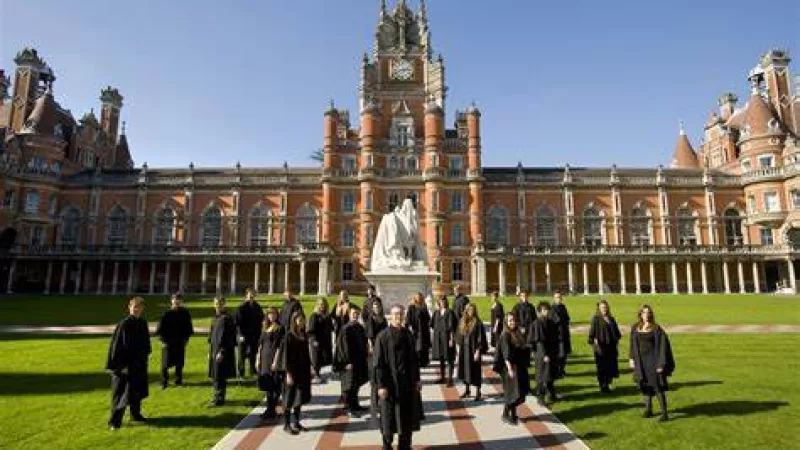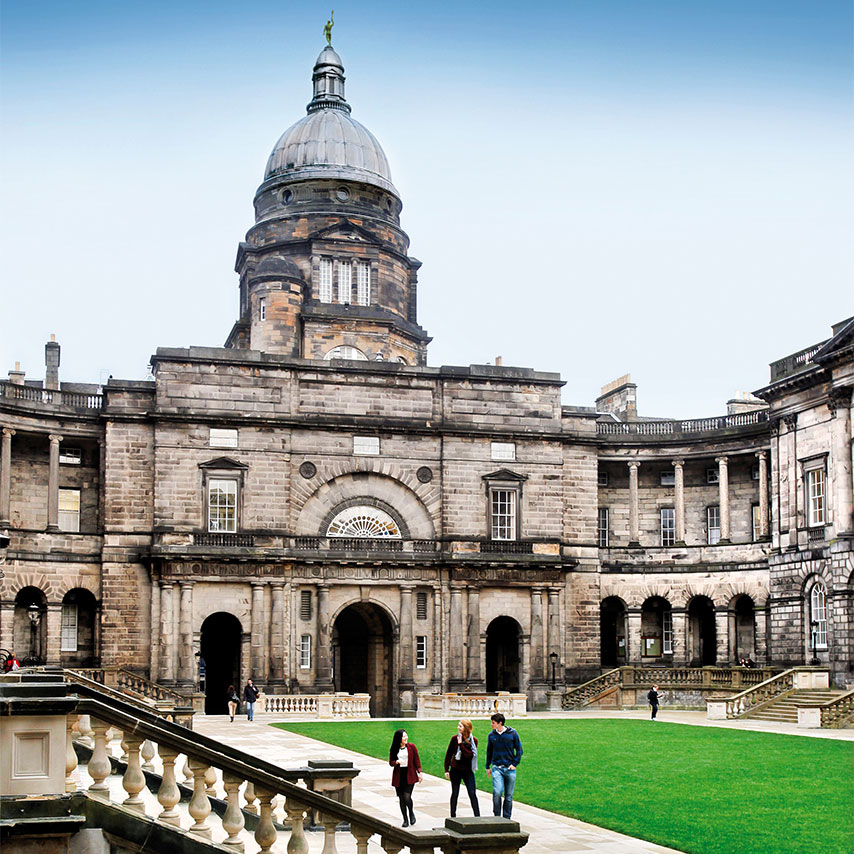A Brief History of Universities in the UK

Written for Wessex Student Magazine
The history of universities in the UK is a rich tapestry woven through centuries of intellectual pursuit, social change, and cultural development. From medieval origins to modern institutions, UK universities have played a pivotal role in shaping education and knowledge globally.
Origins: The Medieval Foundations

The earliest universities in the UK emerged in the late 11th and early 12th centuries. The University of Oxford, founded around 1096, is widely regarded as the oldest university in the English-speaking world. Its development coincided with the rise of cathedral schools and monastic learning, which laid the groundwork for formal education.
The University of Cambridge followed shortly after, established in 1209 by a group of scholars who left Oxford following disputes with local townsfolk. These institutions initially focused on religious studies, law, and medicine, drawing on classical texts and the scholastic traditions of the time.
The Renaissance and Enlightenment

The Renaissance period brought a revival of classical learning and a shift towards humanism. Universities began to expand their curricula to include the arts and sciences. During this time, notable figures such as Thomas More and John Colet contributed to the intellectual climate, fostering debates about education, philosophy, and governance.
The Enlightenment further transformed universities, emphasizing reason and empirical evidence. Institutions like Edinburgh University, founded in 1582, became centers for medical and scientific inquiry, producing significant contributions to knowledge and society.
The 19th Century: Expansion and Reform

The 19th century was a period of significant expansion and reform for UK universities. The industrial revolution created a demand for skilled professionals, leading to the establishment of new institutions. The University of London, founded in 1836, was a landmark development, as it aimed to provide education for all, regardless of class or religion.
The period also saw the introduction of the concept of research universities, with institutions increasingly focusing on original research alongside teaching. The Victoria University, established in 1880, and the redbrick universities—so named for their distinctive architecture—emerged in industrial cities, catering to the needs of a growing population.
The 20th Century: Access and Inclusion
The 20th century brought further changes, particularly after World War II. The Butler Education Act of 1944 aimed to provide equitable education and increased access to higher education. This led to the establishment of new universities, including the plate glass universities, which were designed to meet the demands of a post-war society.
The latter half of the century saw significant social movements advocating for inclusivity in education. As a result, more women and students from diverse backgrounds began to attend university. The expansion of the Open University in 1969 exemplified efforts to democratize higher education, allowing individuals to learn at their own pace through distance education.
The Modern Era: Globalization and Challenges
Entering the 21st century, UK universities are characterized by their global outlook and increasing internationalization. They attract students from around the world, fostering a multicultural environment. Research output from UK institutions remains influential, contributing to advancements in various fields.
However, universities face challenges, including funding pressures, debates over tuition fees, and the impact of Brexit on international collaboration and student mobility. The landscape of higher education is continually evolving, requiring institutions to adapt to changing societal needs and technological advancements.
Conclusion
The history of universities in the UK reflects broader societal changes and the enduring pursuit of knowledge. From their medieval origins to their role in the global educational landscape today, UK universities have shaped not only national identity but also contributed significantly to global discourse. As they navigate contemporary challenges, they remain vital institutions for fostering innovation, critical thinking, and social progress.
